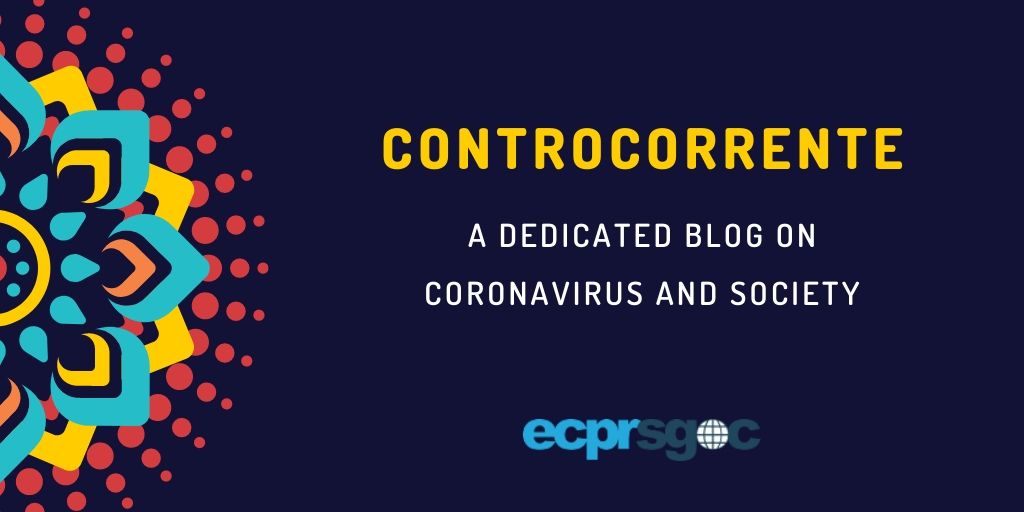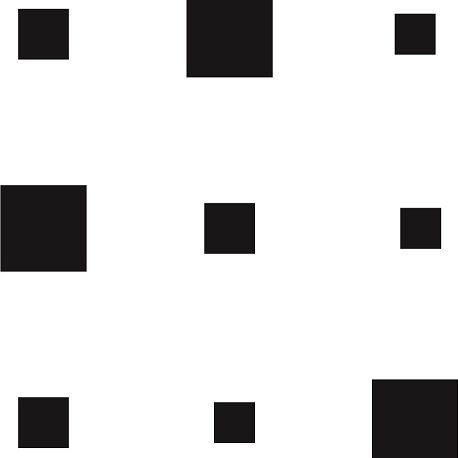
Between safety and surveillance
Simona Guerra
University of Leicester
Not long ago, with one of my MA students, we planned a talk on surveillance capitalism, following the recent publication of the extraordinary book by Shoshana Zuboff, The Age of Surveillance Capitalism, the Fight for a Human Future at the New Frontier of Power.
These days, after the recent Italian National Institute for Social Security (INPS: Istituto Nazionale della Previdenza Sociale) data breach (1st April), the blurred border between safety and surveillance has come back to mind. On Wednesday last week, self-employed could access the bonus in favour of their families, as established by the “Cura Italia Decree” (17 March 2020, n.18), responding to the social and economic consequences of the COVID-19 emergency. Quite a few could instead access the profile of other users in just a few minutes. A vast amount of data of users were completely public, and it was not an April’s Fool.
Meanwhile, contact tracing has been formalised by the WHO in order to backward trace the identification of possible risk subjects, who can be asked or required to quarantine. The Singapore case has been indicated as the ‘almost perfect’ “gold standard of detection” also by Harvard epidemiologists. In Poland, the government is using an app, where people in quarantine need to upload a selfie to locate themselves when prompted.
In Canada and the UK, Palantir is providing the CDS and NHS with COVID-19 analysis and developing further analyses for Austria, France, Germany, and Switzerland. Palantir’s Foundry software has already been adopted with a tool to help intelligence and law enforcement agencies to track individuals, as for ICE (U.S. Immigration and Customs Enforcement), becoming one of the closest allies of Trump’s presidency.

Zuboff’s book explains how we can become free raw material, we are not the product, but the product is given with our data. The system is effective and efficient and does not need us, it can rent out data for free and benefit from it.
There is a new element of dislocation and manipulation that is distant from us, as Zuboff says, there is nobody you can call. It goes beyond our normal understanding of our relationship with society, with business, and with capitalism. Within this new system, capitalism evolves by taking things that are outside of the market and bring them in the (behavioural) marketplace. Human activities themselves, as if it is (as it was) labour, are sold and bought.
As Zuboff writes, our laptops and mobile phones have more traces, more fingerprints, more ears, and more information than appearance would have believed. It is about your fear, your curiosity, your anxiety, or now your health data related to further data – one word, one detail – and it will return during your commute, your breakfast, your coffee break.
Behavioural data and experience are combined and provide a prediction product of what we will do now, soon or later, and it trades our human behaviour in the future, and its future derivatives. Searching and browsing, translation and search mechanisms offer continuous data that increase predictive power. At a recent talk at UCL, it was shown how Leave.EU spent 40 percent of their budget on these facebook predictive models.
This logic has spread across different sectors, from the economy, to insurance, entertainment and CEO companies. What you are going to click on and how to get you click on it and brings you there, makes your click predictive behaviour data and is provided by predictive behaviour data. In Zuboff’s book, it is referred to the ecosystem of behaviour surplus supplier, with the example of a doll registering children’s voice, then with a software company studying voice recognition that works with the CIA and then again and again, to further company or companies. More than six million models of human behaviour predictions per second. Extracting trillions of data every second. Producing millions of models to predict human behaviours and reached up to those six millions. Everything that happens every day is utterly predictable once you understand this logic. Your phone, your laptop, your online behaviour are the supply chain interfaces for your behavioural data, while keeping you ignorant.
More detail and more data. They watch you, they listen to you, and want your location, your tears, your joy, your face, your emotional state, and once they have it, the more competitive and more predictive, they can then intervene and seek to shape your behaviour, and push you towards a direction and allow them to understand better how they can predict you.
This moves back from where the post started, and on digital liberty, we can be in control of. Public health data must be medically necessary and processed by health medical officers, must be protected and proportionate to the actual needs, and the process must expire once the emergency is contained. The Electronic Frontiers Foundation provides a guideline to monitor the call to collect data across different countries in the world and a series of principles (necessary and proportionate privacy intrusions; science based data collection; expiration date; transparency; due process) that everyone should commit to in order to avoid compulsory requirements or software abuses.
***
This blog aims to reflect the opinions, thoughts, and concerns of academics and researchers related to COVID-19. All views belong to authors and it does not represent the views of any organisation.

